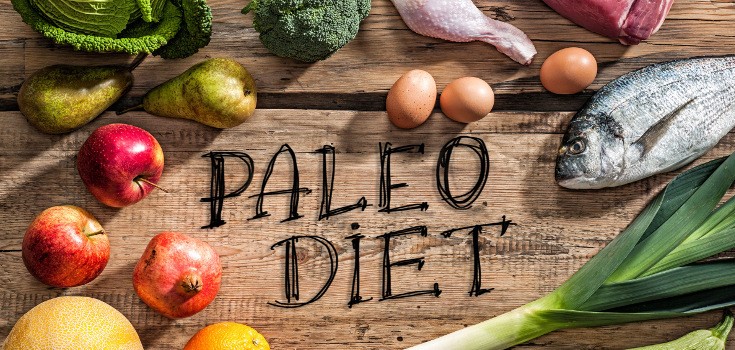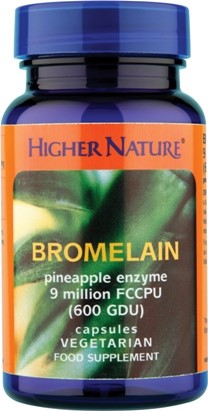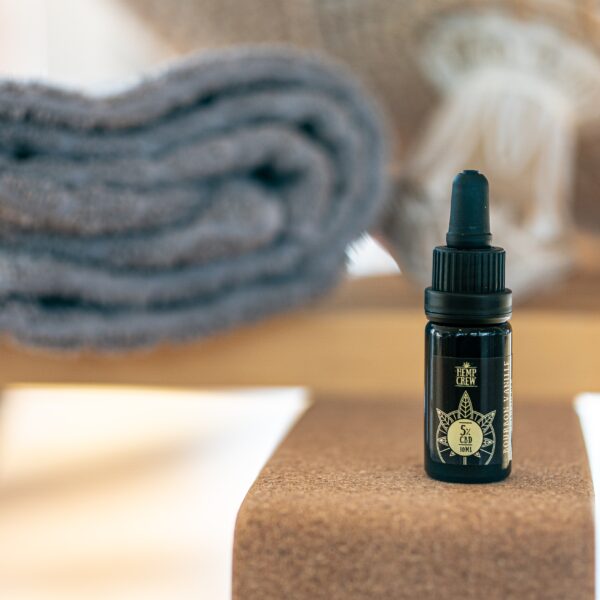Most people are aware that for the sake of their health they should eat food that’s good for them rather than food that’s not; of course, whether they do so or not is a different matter. However, it’s all very well implementing and maintaining a good, regular diet, but if your digestive system has difficulty breaking down whatever you eat, then you’re going to run into trouble; you’re not going to be able to benefit from the nutrients you’re feeding yourself.
The reality is that, when it sorts the ‘good’ food from the ‘bad’, the digestive system doesn’t do away with the bad and absorb the good; it does away with the bad and absorbs the nutrients from the good. To begin with then, everything we feed the digestive system has to be broken down and separated. The agents that actively do this are the digestive enzymes produced in the pancreas and small intestine.
Specifically, proteases and peptidases are deployed to split proteins into small peptides and amino acids, while lipases split fat into fatty acids and glycerol molecules and, finally, amylases split carbohydrates (e.g. starch and sugars) into simple sugars (glucose). Additionally, the digestive enzymes are responsible for removing vitamins, minerals and other plant and animal compounds from our food.
Enzyme deficiency

There are several reasons why your body may not be producing a requisite number of digestive enzymes to keep things working properly. In the worst cases, it could occur if you suffer from pancreatic cancer (learn more here), pancreatitis, cystic fibrosis, brush border dysfunction or Crohn’s disease.
Less dramatic ailments could also account for depleted digestive enzyme levels, such as low-grade inflammation in the digestive tract (perhaps due to food allergies or parasitic infection), insufficient stomach acid, the effects of ageing or – very often – chronic stress. Whenever our lives become stressful, which for many of us occurs on a daily basis (probably several times a day, at that), we enter what could be referred to as ‘fight or flight’ mode, during which digestion becomes a low priority as other bodily functions are suddenly favoured, thus digestive enzyme output drops through the floor.
Symptoms to look out for
So much for the technical stuff, but how would you actually know your body’s not generating enough digestive enzymes? The following are signs you might want to make a note of:
- Feeling particularly bloated or gassy after meals
- The sensation there’s food just sitting in your stomach
- Consistently floating stools
- Discovering bits of undigested food in your stool
- Oily-looking fluid-like stool (a lot of undigested fat)
From deficiency to efficiency

You can combat a deficiency of digestive enzymes and so boost these enzymes’ numbers via different methods; indeed, it may be for some people that combining these different behaviours works best. A popular approach is to try a specific food diet. It’s thought that a Paleo diet (so named because it’s likely to be similar to that of early humans) is effective at restoring good digestive function because it reduces inflammation in the digestive tract and removes enzyme inhibitors, being that it’s based chiefly on meat, fish and vegetables and excludes dairy, cereals and processed foods.
Just as important, though – and addressing one of the points made above – is to manage your everyday stress levels. This is easier said than done, of course; in today’s world many of us can’t avoid leading busy, complicated lives that pull us this way and that. But tackling chronic stress, should you suffer from it, is crucial to improving your health and your life in many ways, not just your body’s digestive function.
Supplements

Finally, the other major thing you might consider trying to boost your digestive enzyme levels is supplementation. On top of making sensible diet and lifestyle adjustments, taking digestive enzyme supplements may prove just the ticket in aiding your body to successfully break down food and so get the nutrients it needs. The following supplements (all of which are suitable for vegetarians and vegans as well as those who enjoy meat) are available via The Finchley Clinic and, thus, come highly recommended should you suffer from a deficiency in digestive enzymes:
Active Digestive Enzymes (90 capsules) – ideal for candida, thrush or yeast infection sufferers in particular, this supplement improves food absorption, ensuring candida and dysbiotic microorganisms no longer thrive in the digestive tract.
Betaine HCL (90 capsules; 300mg per capsule) – excellent for boosting stomach acid levels to aid protein digestion and increase Vitamin B12 absorption.
Bromelain (30 vegicaps and 90 vegicaps) – derived from pineapple, it’s excellent at breaking down protein and aids the cardiovascular and immune systems (helping maintain normal blood platelet distribution), which makes it especially good when going on long distance flights.




Like this article? Share with your friends!